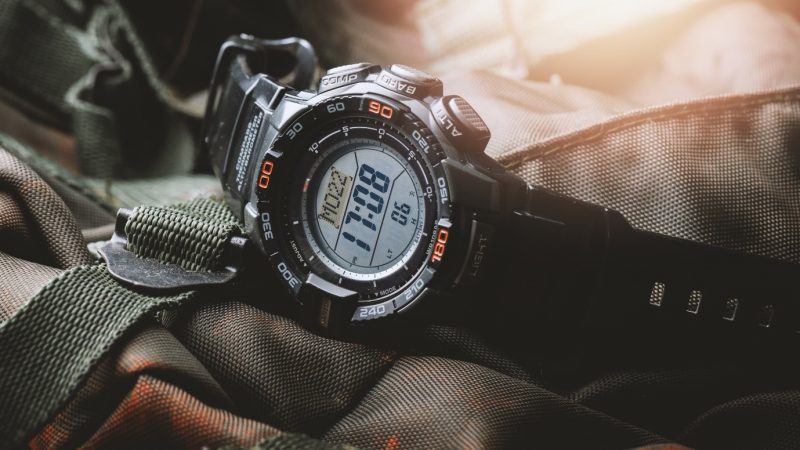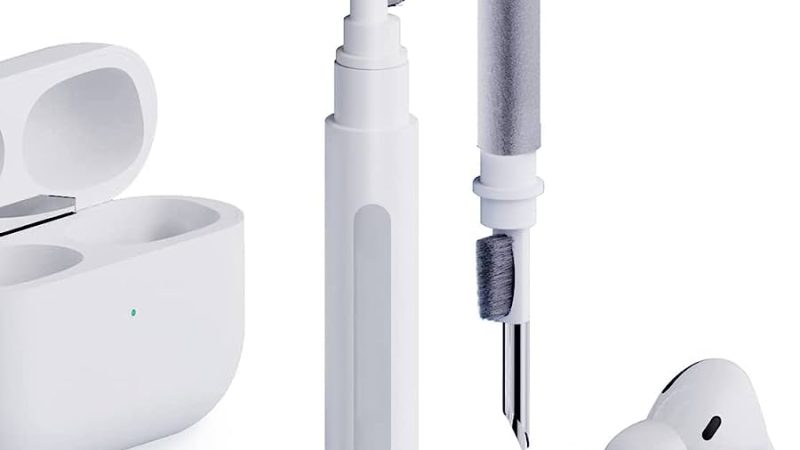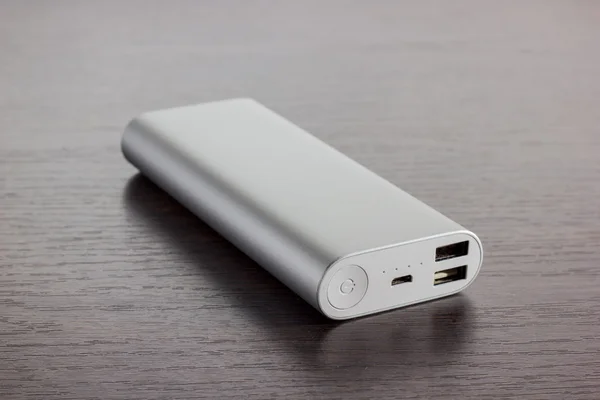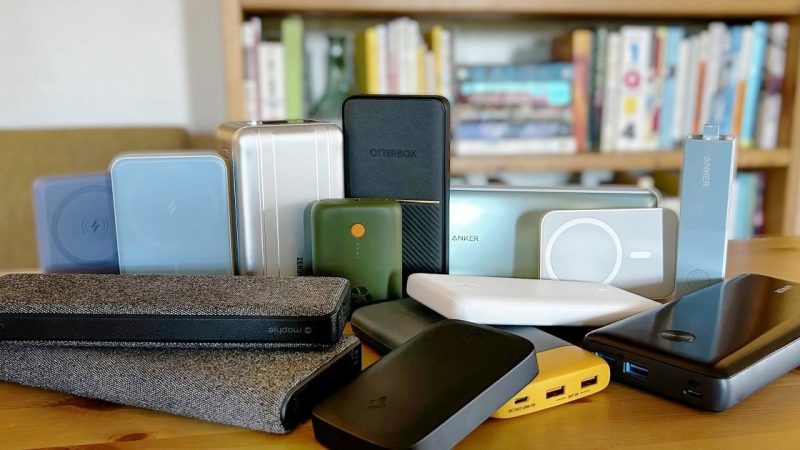5 Reasons not to buy Bluetooth headphones
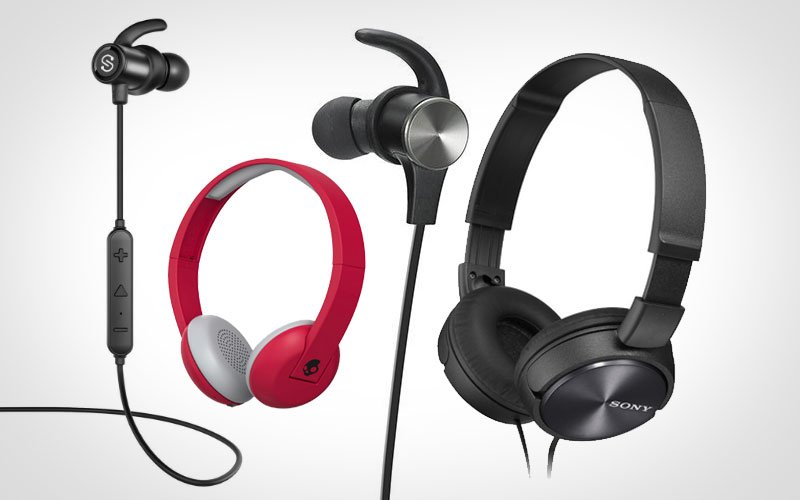
Bluetooth and wireless headphones are all the rage. Whether you’re looking for enormous, pricey over-ear headphones like the Apple Air pods Max or Sony WH-1000XM4, or compact earbuds like the Apple Air pods Pro or Bose QuietComfort earbuds, a wireless headset is just a few clicks away.
Before we get into why you shouldn’t buy Bluetooth headphones, it’s essential to understand why many people are switching to wireless.
Why are people making the switch from wired to wireless?
There is no need to deal with a cable when using wireless headphones. Whether it’s a problem with the connection being too short, people stumbling over it, or the inconvenience of having an extra cable in your backpack, it’s a pain.
Everything appears to be heading in the direction of wireless. Headphones, like phones and speakers, are progressively making the switch.
During workouts: Wireless headphones are ideal for the gym because they don’t require any connections. If you’re attempting to be physically active, but the cords keep getting in the way, your workout session might soon turn into a nightmare.
Not only that, but most wireless headphones are water-resistant in some way. When people ask what headphones are ideal for working out, the response is almost always wireless.
- Reasons not to buy Bluetooth headphones:
Sound Quality: At the moment, tethered headphones have an advantage over wireless headphones in this area. A hi-fi system employs digital audio players, amplifiers, and digital-to-analog converters to attain more outstanding sound quality. In truth, wired headphones’ interconnecting wires are responsible for all of these features.
This also allows businesses to create various sound signatures that appeal to multiple types of listeners. Because of the current level of Bluetooth technology, wireless headphones are limited in this area. As a result, the quality of digital to analogue converters in wireless headphones is affected, which is more or less a compromise due to its design and manufacturing.
Needs to be charged daily: Why would you want another device that requires daily charging? This is not a problem with wired headphones, so you’ll always be able to listen to your music on the go. Imagine being caught on an airline and needing to charge your wireless headphones; you won’t be able to find a power outlet.
Batteries also degrade in terms of performance over time, which implies that their performance will worsen. There will come a time when the battery in your headphones will cease charging completely, and you will have to replace your dead headphones with new ones.
Expensive compared to wired headphones: You couldn’t be more foolish if you’re already planning to spend a lot of money on a pricey Bluetooth headphone. Bluetooth currently lacks the performance and bandwidth required to perform as effectively as a tethered headphone.
Although not all wired headphones are superior to Bluetooth headphones, I recommend investing in a high-end wired headset if you want to spend a lot of money.
Bluetooth technology is not reliable: No matter which headphones you buy, Bluetooth is not stable enough to give a decent audio experience. Wireless connections might be disrupted, especially if there are a lot of Bluetooth devices in the room.
There will be times when your music will skip, or packets will be lost while using wireless headphones. This issue can be found in any wireless headphones.
On the other hand, Wired headphones are unaffected by wireless connections and do not suffer from packet loss. Wired headphones have a low rate of skip and are compatible with most devices on the market. Wired headphones are now more reliable than Bluetooth headphones and can be quickly repaired if a problem arises.
Repairability & Latency: Traditional headphones are, on the whole, easier to fix. If something goes wrong, you’ll most likely only need to re-solder a component or replace a bad driver. If you can’t fix them yourself, there’s a good chance you’ll be able to locate someone who can – especially if it’s a popular model. If something goes wrong with your Bluetooth headphones’ battery or digital components, good luck getting them serviced in 5 years — if they’re still worth mending.
Bluetooth headphones introduce latency. While I don’t mind a slight degree of latency when listening to music or viewing movies, it’s irritating in games and unacceptable in music composition. AptX Low Latency attempts to address this problem; however, just a few headphones and fewer computers support it. Even with devices that do, I find the latency too high to use with my digital piano setup, for example.
AptX headphones have a delay of roughly 166 milliseconds, according to RTings, while AptX Low has a latency of 34 milliseconds. The latency on wired headphones is only seven milliseconds.
To summarise, no one I know owns merely a set of Bluetooth headphones. You can spend a lot of money on a Bluetooth headset, but you’ll always need a wired backup.
Sometimes your battery dies, sometimes Bluetooth pairing fails, and sometimes it’s just easier to plug in your old headphones. Your Bluetooth headphones function ideally 95% of the time, but it’s the other 5% that irritates you the most.
Technology is intended to make our lives easier, and Bluetooth headphones do that in specific ways! The sound quality has greatly improved in recent years, and I enjoy wearing my Bluetooth headphones when working out or while my hands are engaged.
However, wired headphones sound better, are more reliable, are less expensive, and are more adaptable. Meanwhile, I seem to have connectivity troubles with Bluetooth headphones at least once a week, or perhaps I’ve neglected to charge them.
Author Bio – Vivek Roy is an enthusiastic Tech and gadget blogger from India. He loves to share tips and news from all around the world. For more information about him visit his website Leaf Studios.



